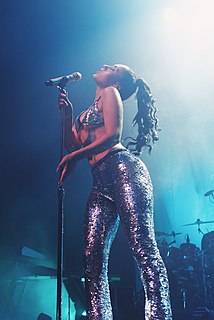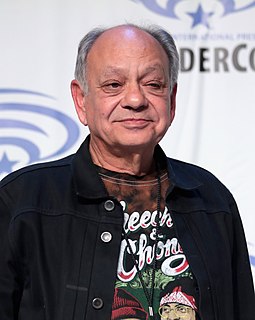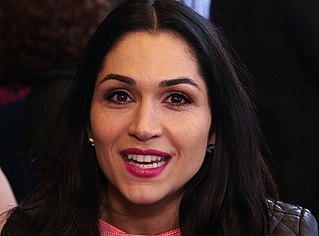A Quote by Natalia Reyes
Actually, between Colombian and Mexican Spanish, there's not a huge difference, but it is a different accent.
Quote Topics
Related Quotes
Mothers know the difference between a broth and a consommé. And the difference between damask and chintz. And the difference between vinyl and Naugahyde. And the difference between a house and a home. And the difference between a romantic and a stalker. And the difference between a rock and a hard place.
There is a heavy Mexican Catholic streak in my movies, and a huge Mexican sense of melodrama. Everything is overwrought, and there's a sense of acceptance of the fantastic in my films, which is innately Mexican. So when people ask, 'How can you define the Mexican-ness of your films?' I go, 'How can I not?' It's all I am.
To be blunt, I feel like lyricism in Spanish is of a different quality than English. You can get really poetic in Spanish, but I feel like if you do that in English, you risk sounding cheesy. In Spanish, it's never that. It's always this deep, passionate, beautiful imagery; it's painted different, a different color.


































